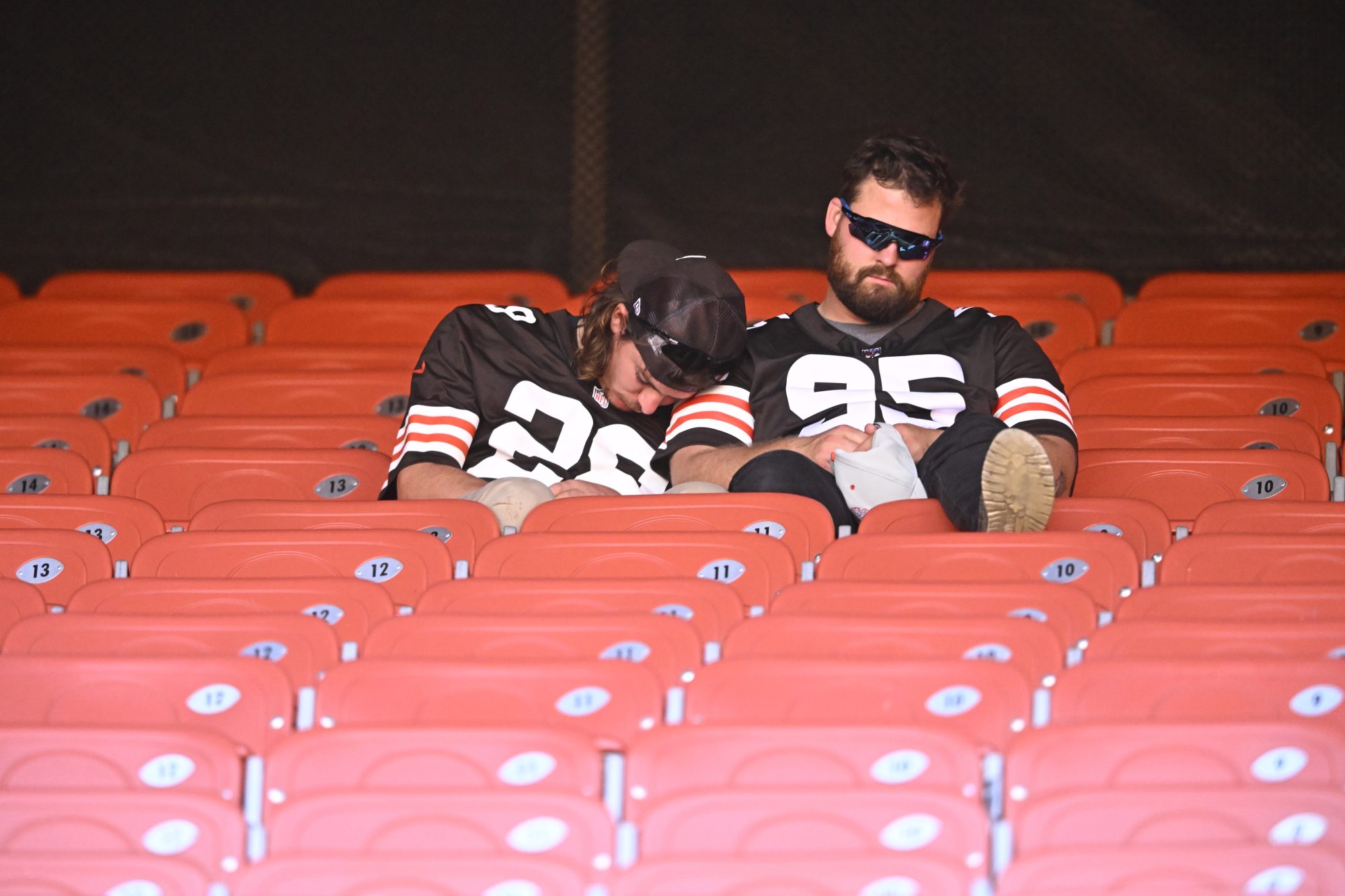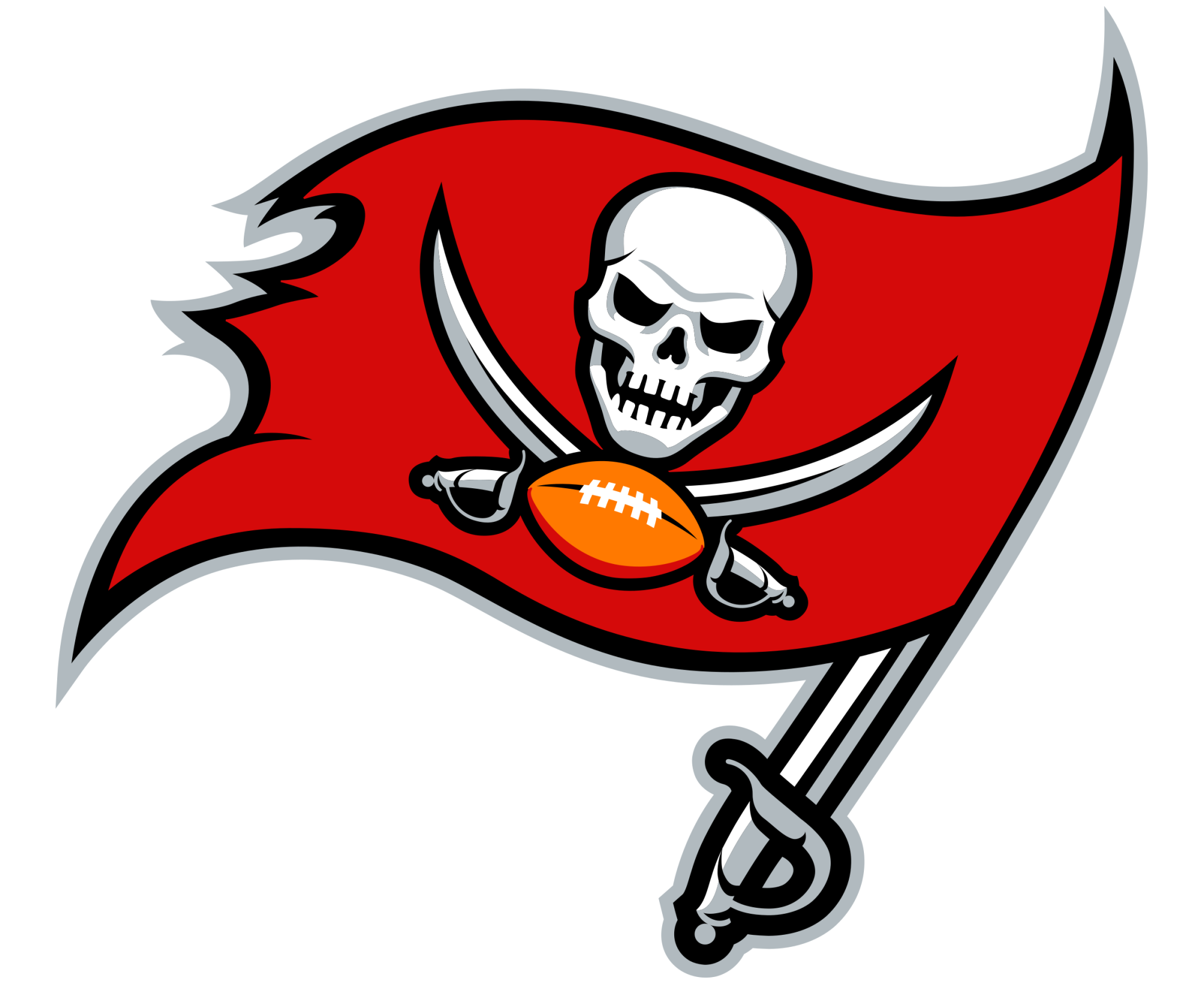The Importance Of Cleveland’s Art Modell Law Precedent

Photo Credit: David Richard-USA TODAY Sports
Let me first start off by saying that I don’t particularly care where the Browns play on Sundays. If you put a gun to my head I say keep it on the lake and renovate that banal composite stadium with no real heritage outside of degradation and submission. The real heritage is that the Cleveland Browns play on the lake. That is how it’s always been and it’s my opinion that that’s how it should stay, but the real issue of where they play is less important to me than the “who”—as in who gets to make the “where” decision.
There was a time where one of our owners decided that the Cleveland Browns were to no longer play on the shores of Lake Erie. They were not to play in Cleveland at all. So, he packed up the team and left under the cover of night and moved to Baltimore, leaving some of the most passionate zealots in professional sports all alone to pick up the pieces of their broken fandom.
This was a tyrannical decision made by a diabolical, rancid megalomaniac that set a precedent which has become a hot topic of discussion today as Browns owners Dee and Jimmy Haslam make the decision between renovating Cleveland Browns Stadium or possibly relocating to a new location in Brookpark, Ohio. The central point of contention this past week has been the Art Modell Law. This piece of legislation was enacted in 1996 by then-State Sen. Dennis Kucinich in response to Art Modell’s decision to skip town. The legislation states that,
“No owner of a professional sports team that uses a tax-supported facility for most of its home games and receives financial assistance from the state or a political subdivision thereof shall cease playing most of its home games at the facility and begin playing most of its home games elsewhere unless the owner either:
(A) Enters into an agreement with the political subdivision permitting the team to play most of its home games elsewhere;
(B) Gives the political subdivision in which the facility is located not less than six months’ advance notice of the owner’s intention to cease playing most of its home games at the facility and, during the six months after such notice, gives the political subdivision or any individual or group of individuals who reside in the area the opportunity to purchase the team.”
This past Monday, Cleveland City Councilman Brian Kazy was vocal in invoking the Art Modell Law, emphasizing the importance of ensuring that the Cleveland Browns remain firmly rooted in their hometown. Kazy’s citing of the Art Modell Law seeks to hold the Haslams accountable to the terms outlined within it, which stipulate that any move of a professional sports team must be approved by the host city or offer residents the opportunity to purchase the team.
The conversation surrounding whether or not to stay and renovate the stadium on the lake or move the team to a proposed location in Brookpark, Ohio is irrelevant. The idea that an owner can just decide to pack up and leave (even if it is just outside the city limits) cuts a little too close for comfort. The decision should not solely be made by the owner, especially when the extent of taxpayer involvement remains uncertain.
When it comes to the fate of sports franchises funded in part by taxpayer dollars, a compelling argument can be made that when the public contributes a significant portion to the construction or maintenance of a sports stadium, then that team should be considered a civic asset and any proposed relocation or renovation should come under scrutiny and approval on the voting ballot.
Other sports markets should take note of Cleveland and the precedent it established for protecting the rights of fans to keep franchises in their respective cities. Cities such as Seattle and Oakland understand the profound pain of losing a team, with repercussions spanning from tangible economic impacts to intangible losses of heritage and tradition. Implementing a ballot initiative not only fosters accountability but also acts as protection against the whims of a lunatic owner preserving one of the cultural touchstones that helps foster community.
Up Next





